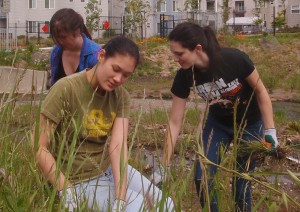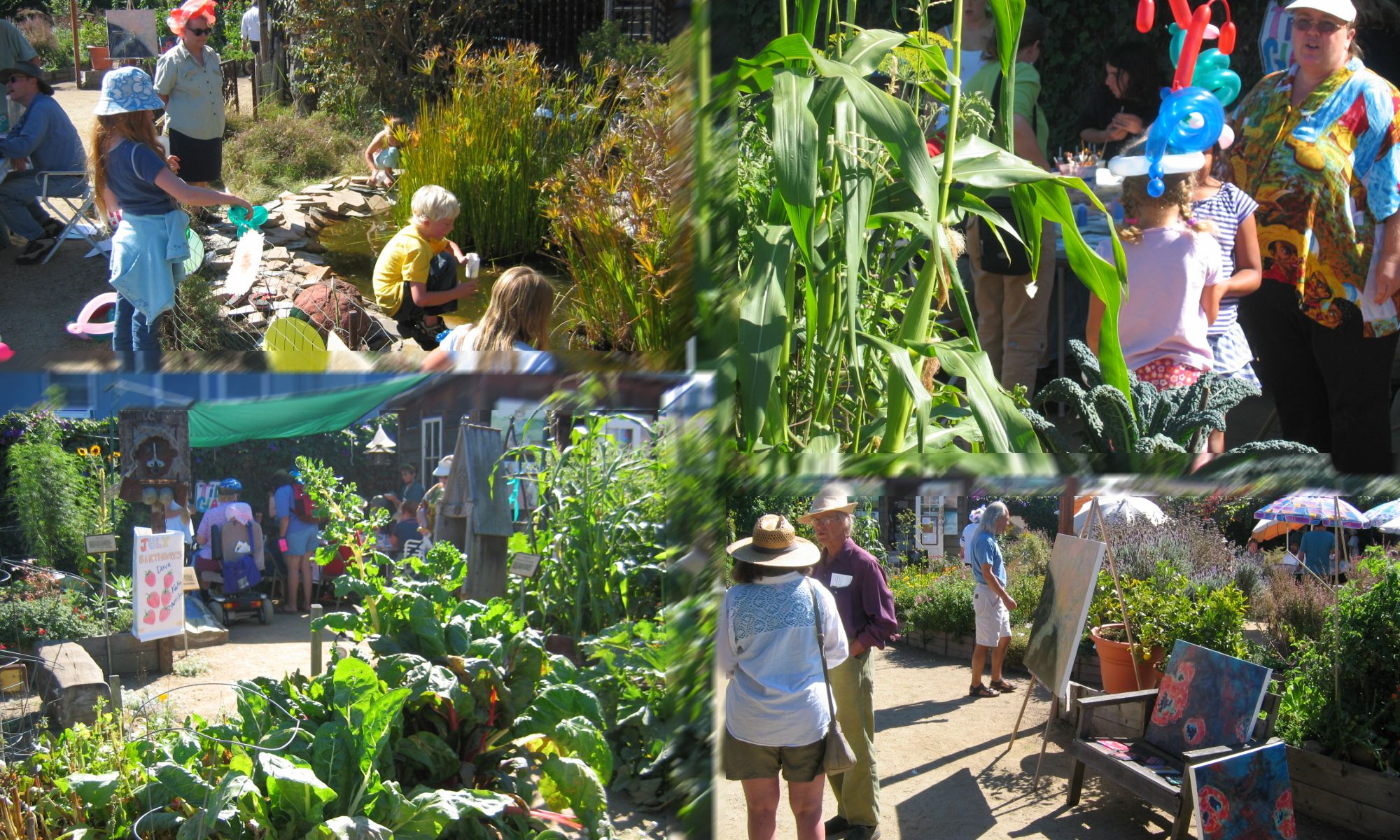Sudden Oak Death, a fungus-like mold that is ravaging coastal California’s beautiful live oaks, is infecting trees in the hills from El Sobrante to Oakland, and has been found on the UC Berkeley campus and North Berkeley hills.
The disease is carried on many host plants. Its advance is fitful but inexorable, spurred by high winds or late-spring rains. The pathogen affects large oaks; most infected trees die quickly (hence the name). Sometimes, massive infestations of beetles and fungi that follow the disease cause trees to snap off at the base even before the leaves turn brown.
Loss of our coastal oaks means much more than loss of beauty or property values. Hundreds of native animal and plant species depend on oaks. Watershed and water cycling would change. Danger of fire and damage from falling limbs and trees would increase.
There is no cure, but some things can be done to slow the spread and protect high-value or high-risk trees — for example in parks or near homes. Most of these must be done before an area, or a tree, is infected.
Working with UC Berkeley’s Dr. Matteo Garbelotto and other community organizations, BPFP is sponsoring a “blitz†survey of infected host plants – mainly California bay laurels. Sign up here to:
Attend a free one-hour training and get survey materials, 1:30 PM Sat., April 30, on the UC Berkeley campus (easy access by BART and bus). Training also is available at 10 AM April 30 at the Orinda Community Center; Bill Hudson at wllhh@ymail.com.
Look for infected leaves at locations of your choice (including young home) or suggested by organizers.
Volunteers return suspect samples to an on-campus drop box by 5 PM Sunday, May 1.
Samples will be laboratory tested. Results will be posted on an online database and Google Earth. A community meeting will discuss results and what can be done.
For more information about the survey, or if a group is interested if your group is interested in surveying a specific park or neighborhood, please contact Friends of Five Creeks, f5creeks@aol.com or 510 848 8358.
If you think you have an infected oak on your property, check out the Garbelotto lab’s free treatment-training sessions .
If the April 30-May 1 blitz doesn’t work for you, but you have an I- phone and want to help add to knowledge of this plague, check out this I-phone app from Maggi Kelly’s lab, also at UC Berkeley.
For general information on sudden oak death, go to the California Oak Mortality Task Force web site.

